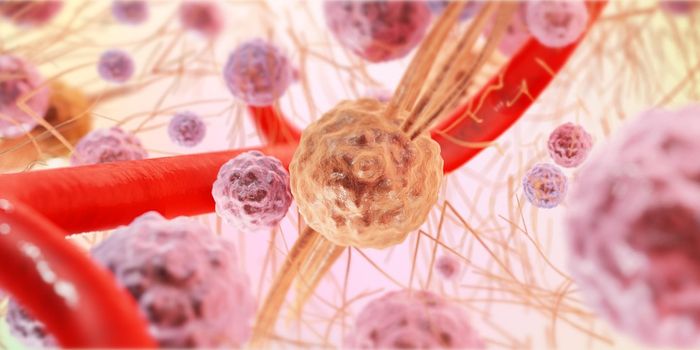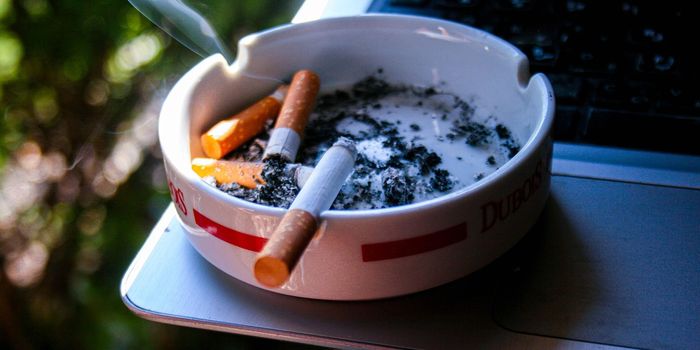Compound Produced by Pomegranates Could Help Fight Cancer
Since ancient times, scientific and anecdotal evidence has noted many health benefits associated with pomegranates propelling this fruit into the “superfood” category. Last year, Labroots discussed some of the immune-favoring properties of pomegranates, including anti-oxidant, anti-microbial, and anti-inflammatory activities. While no studies have established direct connections between pomegranates and the prevention or treatment of cancer, a recent report published in Immunity has provided some new evidence supporting this relationship.
The study focused on urolithin A (UA), a chemical compound produced from ellagitannins, a molecule found in pomegranates. Microbes in the gut produce UA when processing foods rich in ellagitannins, such as pomegranates. The researchers fed tumor-bearing mice a diet supplemented with UA or a standard (control) diet. Consumption of UA conferred significantly slower growth of tumors in the intestine of the mice. Along with the improved tumor control, the researchers identified an increase of CD8+ T cells in the tumors of UA-fed mice.
CD8+ T cells, also called cytotoxic T cells, play an essential role in the anti-tumor immune response. These immune cells identify and kill invading cells, including cancer cells. To test the importance of these cells in UA-driven tumor control, the researchers utilized a specialized strain of mice (called Rag1 KO) which produce no mature T cells. Intestinal tumors grew normally in these mice when fed the UA diet indicating that the absence of mature T cells eliminated the impact of UA on tumor growth.
The researchers then sought to confirm that CD8+ T cells, and no other immune cell subsets absent in the Rag1 KO mice, facilitated the tumor control in UA-fed mice. Thus, they depleted CD8+ T cells from standard mice, leaving all other immune cell subsets intact. Like observations in the Rag1 KO mice, normal mice depleted of CD8+ T cells received no benefit from the UA diet.
Next, the researchers explored the role of T memory stem cells (TSCM), a type of CD8+ T cell with long-term memory and survival functions associated with effective anti-tumor immunity. The study showed that UA increased numbers of TSCM. The researchers demonstrated that UA-driven TSCM expansion relied on mitophagy, a biological process to degrade damaged mitochondria.
The authors conclude that UA’s ability to induce mitophagy promotes CD8+ T cell-driven anti-tumor immunity. While clinical trials to evaluate the impact on human cancer, the evidence presented in this study suggests the mechanism by which UA, a component derived from pomegranates, could translate from the bench to the bedside.
Sources: Immunity, Eur J Clin Nutr, Tannins, Nat Med, Cells









